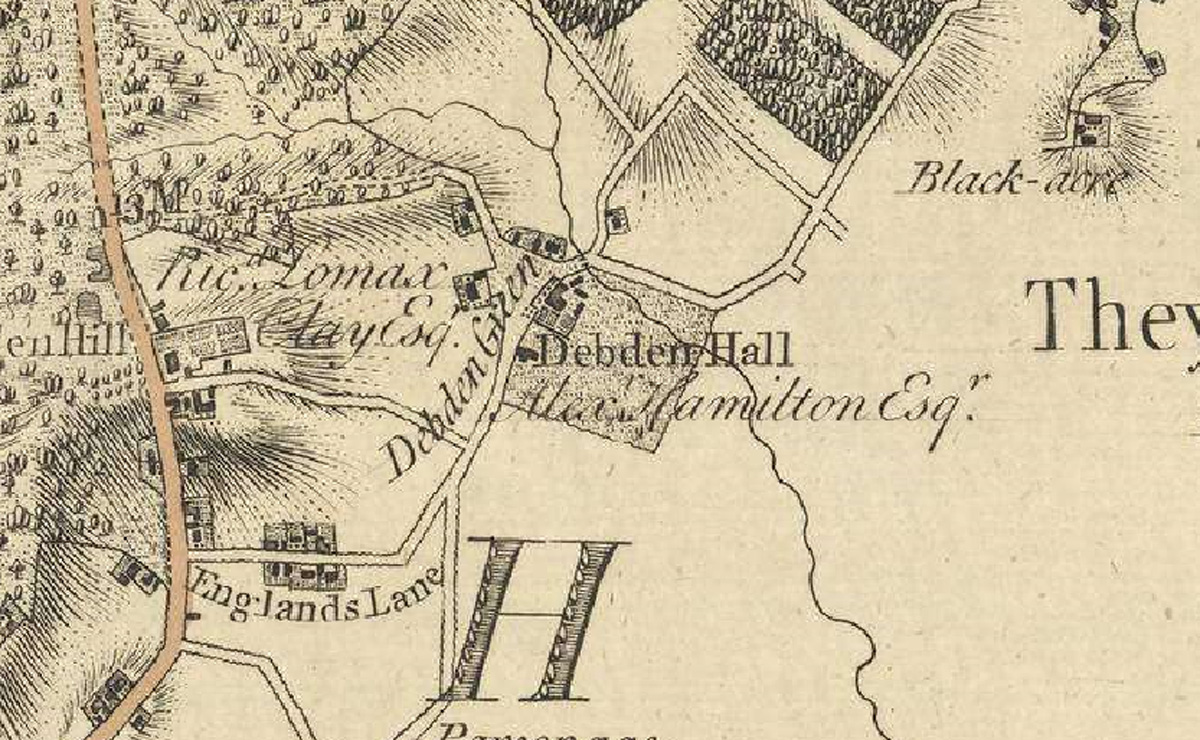Running a trucking business involves transporting goods or freight from point A to point B for clients. Sometimes the goods might only need to be transported a short distance, while you may have to cross several states to complete a job at other times. Add to this the many variable costs associated with maintaining, taxing, and fueling vehicles, and it can be difficult for start-ups to work out how much to charge for their service. Of course, it is important to be competitive when setting rates, but for the business to succeed, they also have to generate a profit.
A rate sheet should indicate to your customers how much your business will charge to transport goods for various distances and/or load weights, enabling customers to quickly compare your rates against those of your competitors. This article introduces the key factors to consider when setting rates in your trucking business.
Creating a rate sheet
A trucking business rate sheet should show customers how much you will charge to move goods between points A and B, but there are many ways to display that information. For example, most trucking businesses create a table that indicates how costs increase based on the distance traveled and the weight of the load. Often, prices are assigned to different weight classes, as heavier loads will cost more to transport.
Alternatively, if you are only delivering to destinations in a particular city, you could adjust your rates depending on the zip code you will be delivering to and the weight of the load.
Fixed costs and variables
For your trucking business to be a success, you need to turn a profit, but at the very least, you should be aiming to cover your costs in the early days of business.
Your costs should be categorized as fixed, constant variable, and costs unique to the load. Your fixed costs are those that need to be covered even if you have no trucks on the road, such as your rent, Vehicle Excise Duty, marketing, insurances (for the vehicles and the business), and the cost of utilities. Other fixed costs might include lease payments on the vehicles, as this can be a more cost-effective way to purchase new and reliable vehicles without parting with a lot of cash up front.
The fuel, maintenance, cleaning, and repairs on your trucks are constant variable costs, while other costs are unique to each load, such as the fuel required, any tolls that need to be paid during the journey, and wages for the drivers. If the driver is covering a long distance, you may also need to pay for food and lodging for them.
Once you have all the costs, each should be divided by the number of miles covered in a month to produce the cost per mile for each item. Adding all the individual costs per mile together will give you your total cost per mile for the entire business. This figure can then be used to inform the basic rates that you will charge your customers.
Click here for tips on reducing costs in the business.
Spot Rates vs. Contract Rates Explained
You may have already come across the terms spot rates and contract rates, as they are important concepts in the logistics industry. But what’s the difference?
- A spot rate is a price you would charge a customer who wants you to transport a load from point A to point B on a particular date as a one-time arrangement.
- A contract rate is the price you would charge a customer who wants to use your service repeatedly, moving the same type and weight of load via the same route over a set period.
Spot rates are useful when a customer requests a single shipment or an urgent, last-minute issue. The prices you charge for this service will be influenced by several external factors, including the level of demand, availability of equipment, the price of fuel, or the time or date of the delivery. For these reasons, spot rates usually cost more than contract rates offered to regular customers, but a contracted agreement would need to be prioritized before agreeing to take on additional spot-rated jobs. You can find out more about spot freight rates in this post.
On the other hand, a contract rate is the price that you would offer to a customer who wants to use your services over a longer period as they will have a regular and consistent need for transportation of goods. Because the relationship is contracted over time, contract rates are typically lower. As a result, the customer can rely on fixed, regular costs in return for your service, and you have a reliable income stream for a predetermined period.
Deciding whether to opt for spot rates or contract rates can be difficult, and many companies will use a combination of the two.
Additional charges
In addition to the distance to be covered and the load’s weight, other factors should be considered when setting rates.
If a delivery needs to be made during the evening, on the weekend, or on a holiday, it may be necessary to charge more to cover additional wages. In addition, particularly heavy loads may require two staff members, and if transporting hazardous materials or specialist equipment, additional charges may be necessary.
In conclusion
It is important to mention that your rate sheet should always include a disclaimer. The basic rates that you display will be estimates for prospective customers, but before you settle on a final price, you will need all the relevant information to be able to provide a bespoke quote. For example, your rate sheet might quote a price for standard delivery, but the customer may need to pay more if the delivery takes place on a public holiday or during winter when road conditions worsen. The rates that you charge for your service will have a direct impact on your trucking business’ profitability, and therefore its success, so be sure to do your research into your competitors’ rates before setting your own.


































